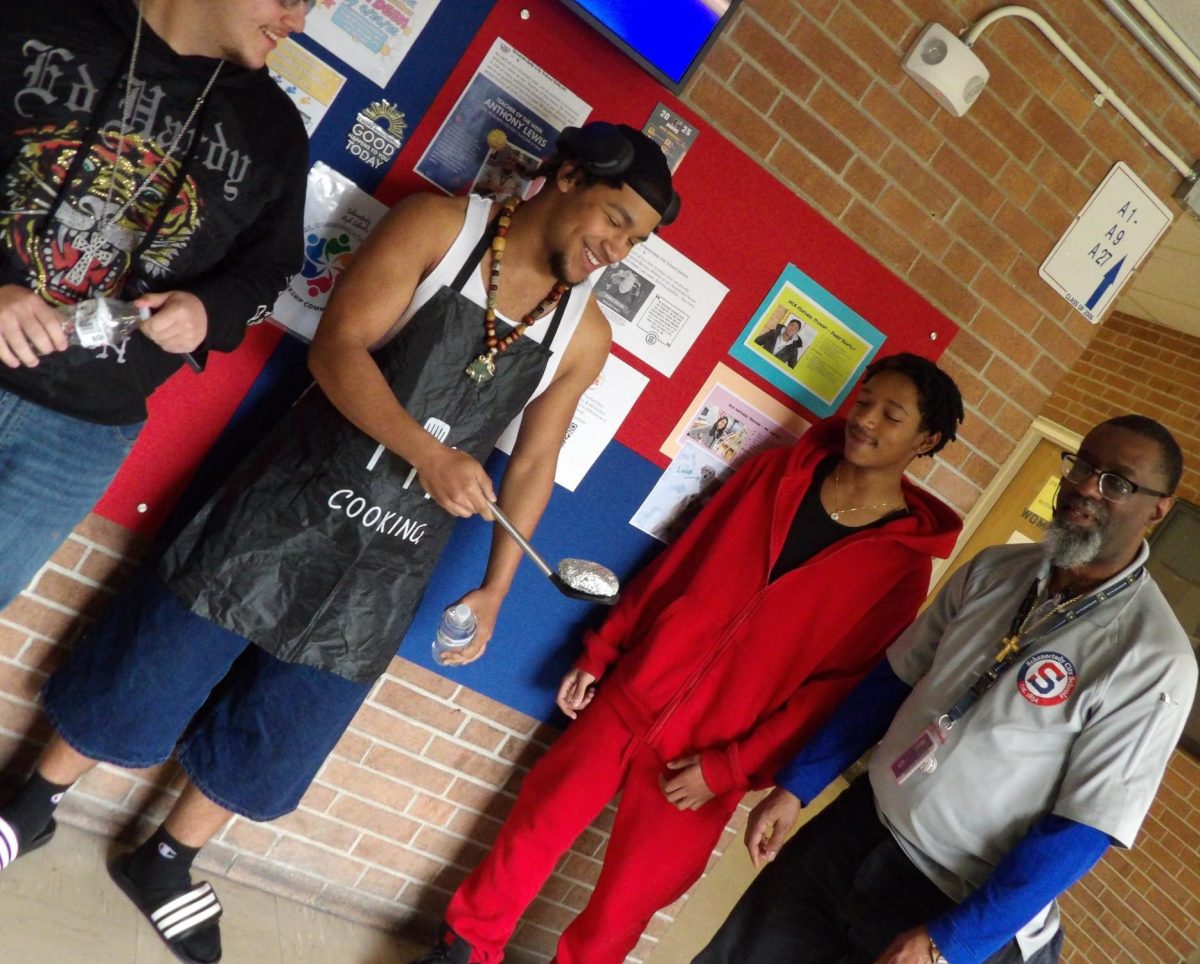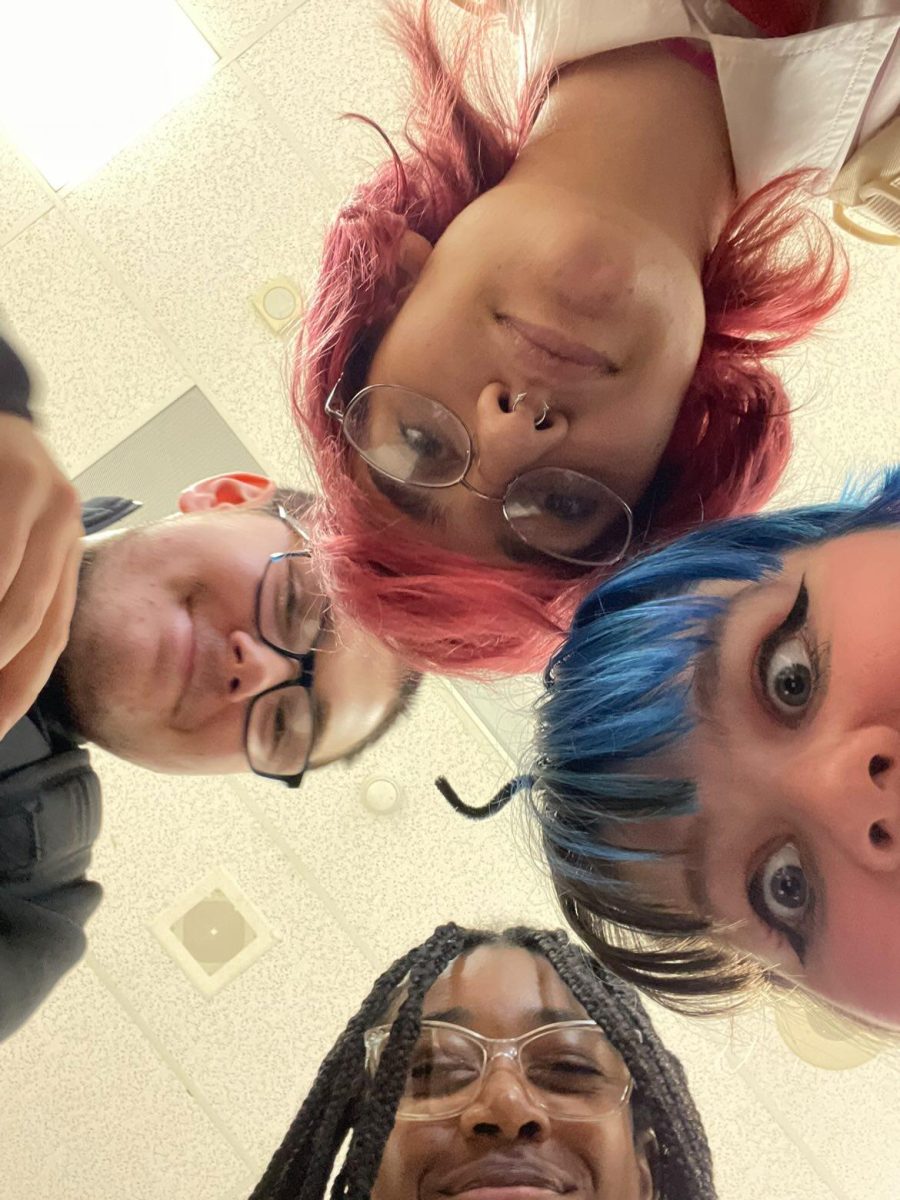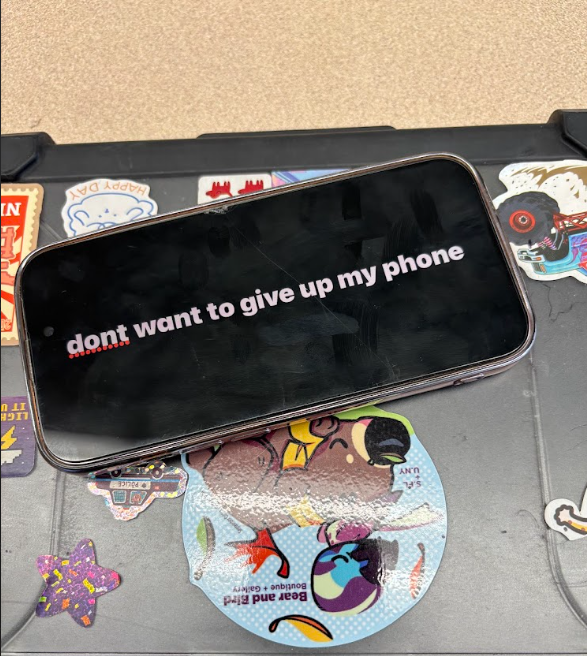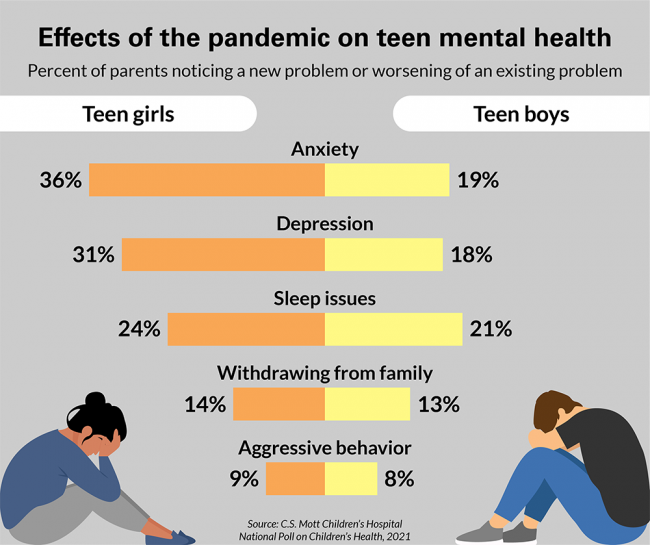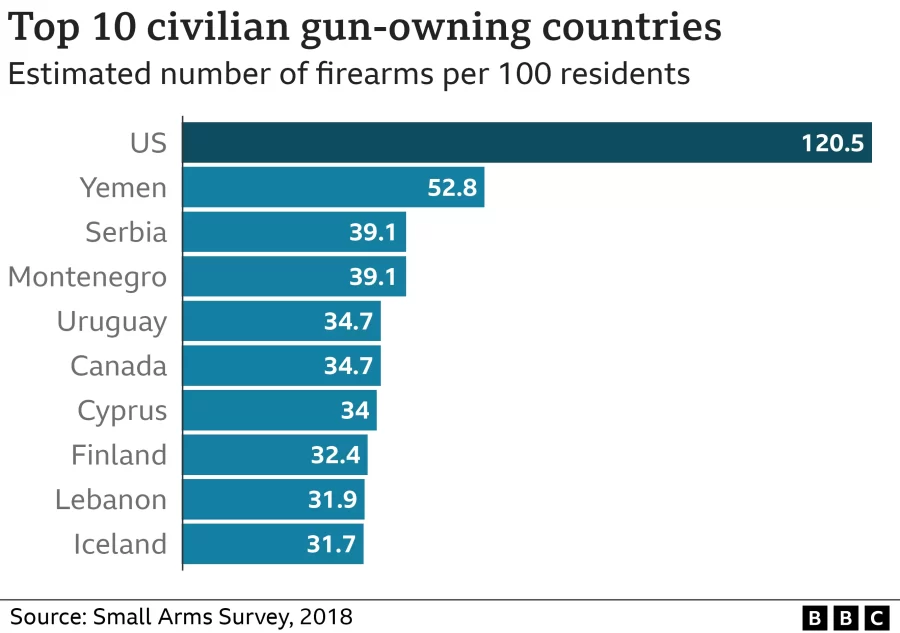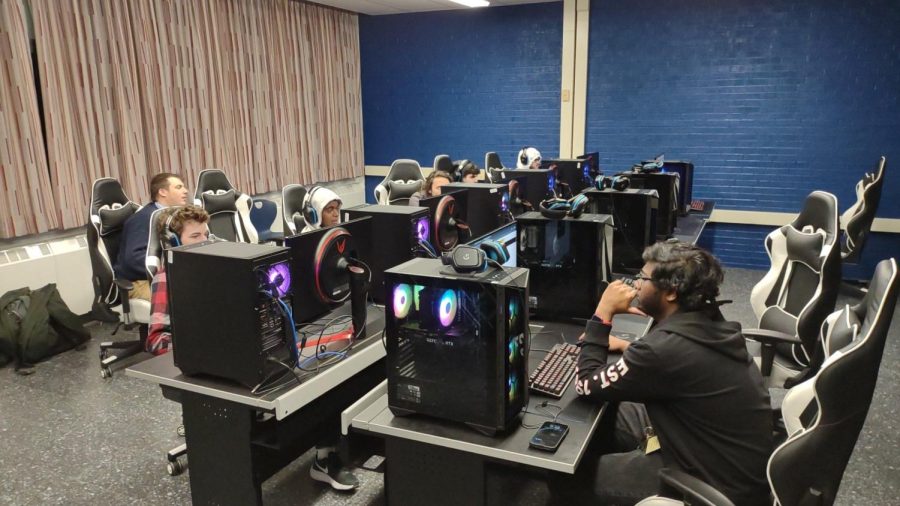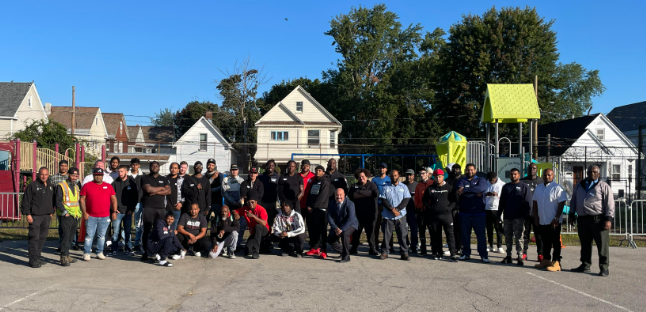Adults overlooking teen mental health
January 18, 2023
Adults have been ignoring teen mental health for years because they either believe it as a joke or don’t believe it exists. Between the ages of 12 and 18, one in five teenagers have at least one diagnosable mental health issue.
But surely we’re just lazy, right? When your child decides to talk you about their mental health, it’s not uncommon for you to ask, “What do you have to be depressed about?” But that question will undoubtedly come out of your mouth instead of trying to understand them and assist them, why?
It is your responsibility as a parent to look after your kids: mentally, verbally, emotionally, and physically. Because you are their parents, they have faith in you. How do you think it makes us feel when you ignore us and disregard our health as unimportant?
And simply because you can’t accept it?
We’re sick and exhausted of being ignored, lonely, and desperate for support. You are our parents, and because of that we want you to understand and to help us. You are the people we are supposed to turn to when we are in trouble or need assistance, the ones who are supposed to love and care for us.
Did you know that in the US, suicide is the second-leading cause of death for those between the ages of 15 and 24? Nearly 20% of high school students say they have thought about suicide seriously, and 9% have actually tried to end their lives.
This is a serious problem that has to be addressed. The survival of your child depends on it. Our next generation can be smarter and more accepting than we are if you only open your eyes and start believing. We can do better. By acting, you can begin to assist.
Anything that raises awareness is helpful – whether it is volunteering, advocating, talking more about mental health concerns if necessary, or hosting a mental health event. Your opportunity to assist, spread knowledge, and protect your child from joining the growing number of youth suicides is now.
I am aware of your concern for us and your desire for the best for us. Your children want it just as much as you do, even if they are pleading with you in silence.
-30-


